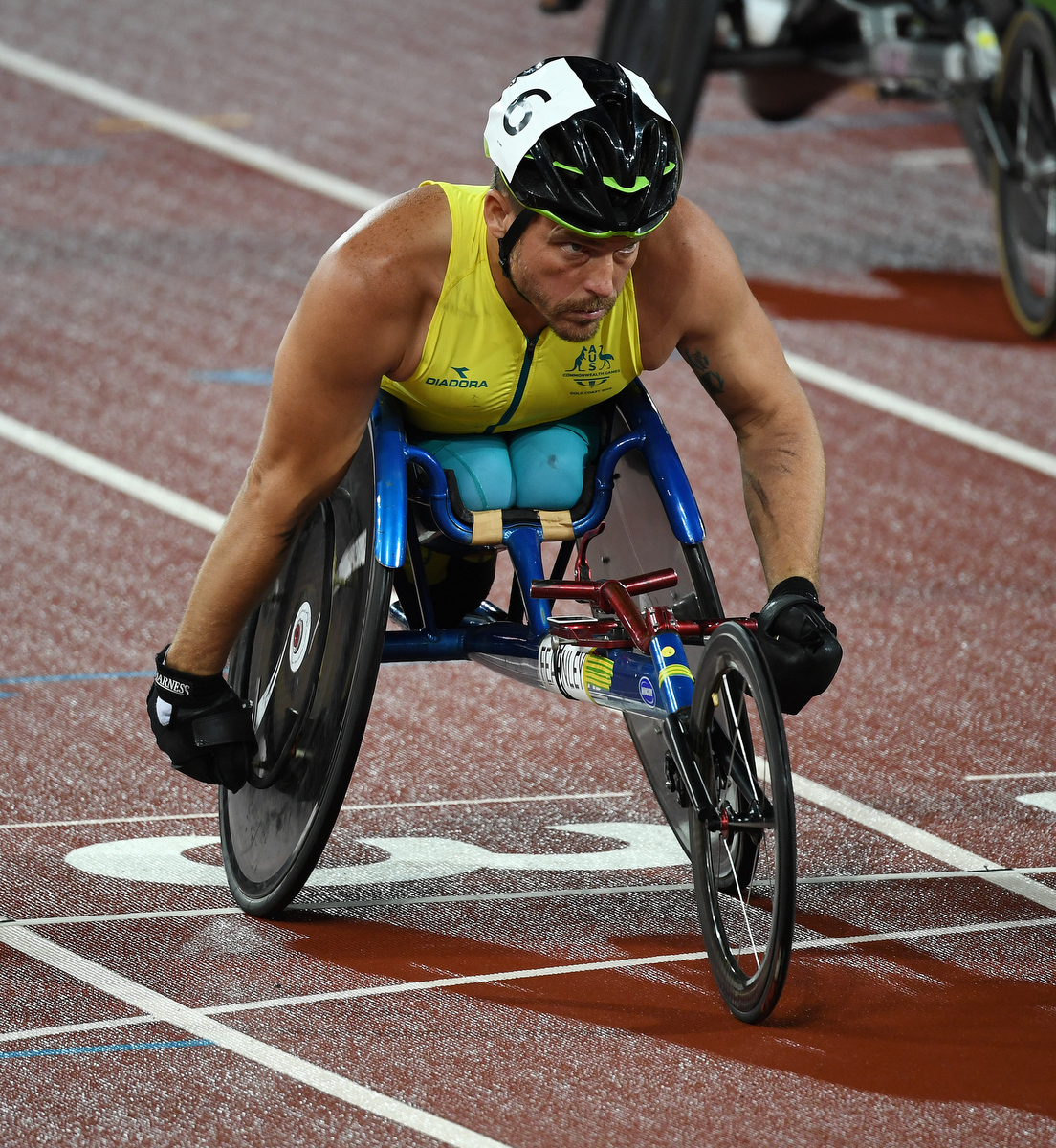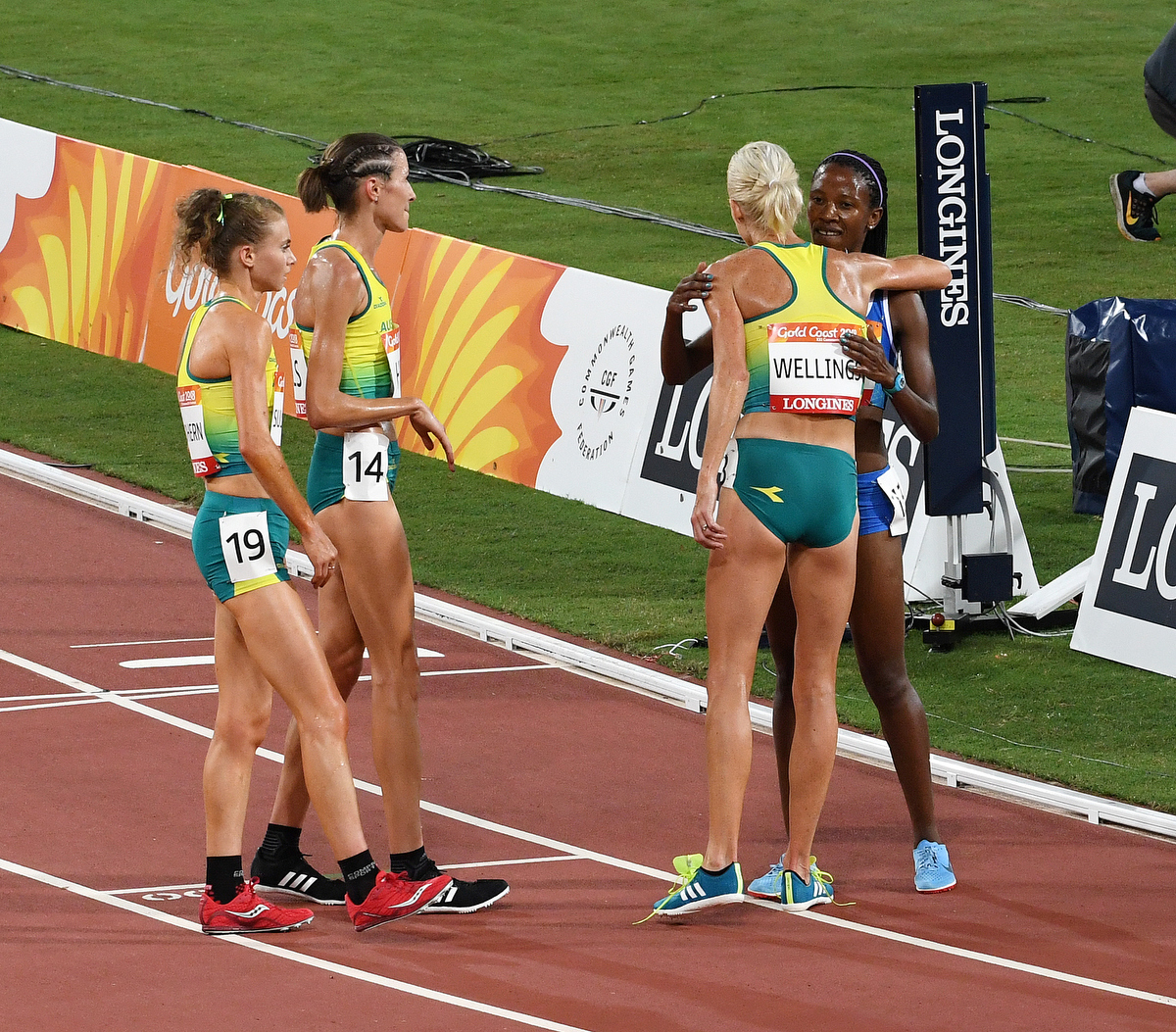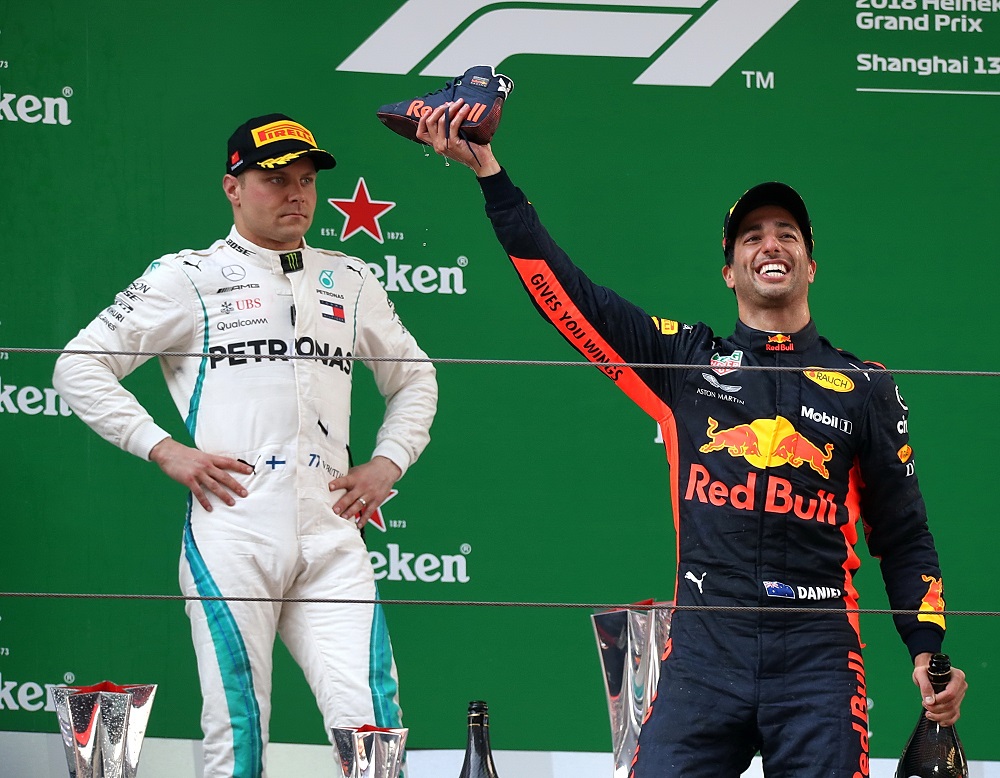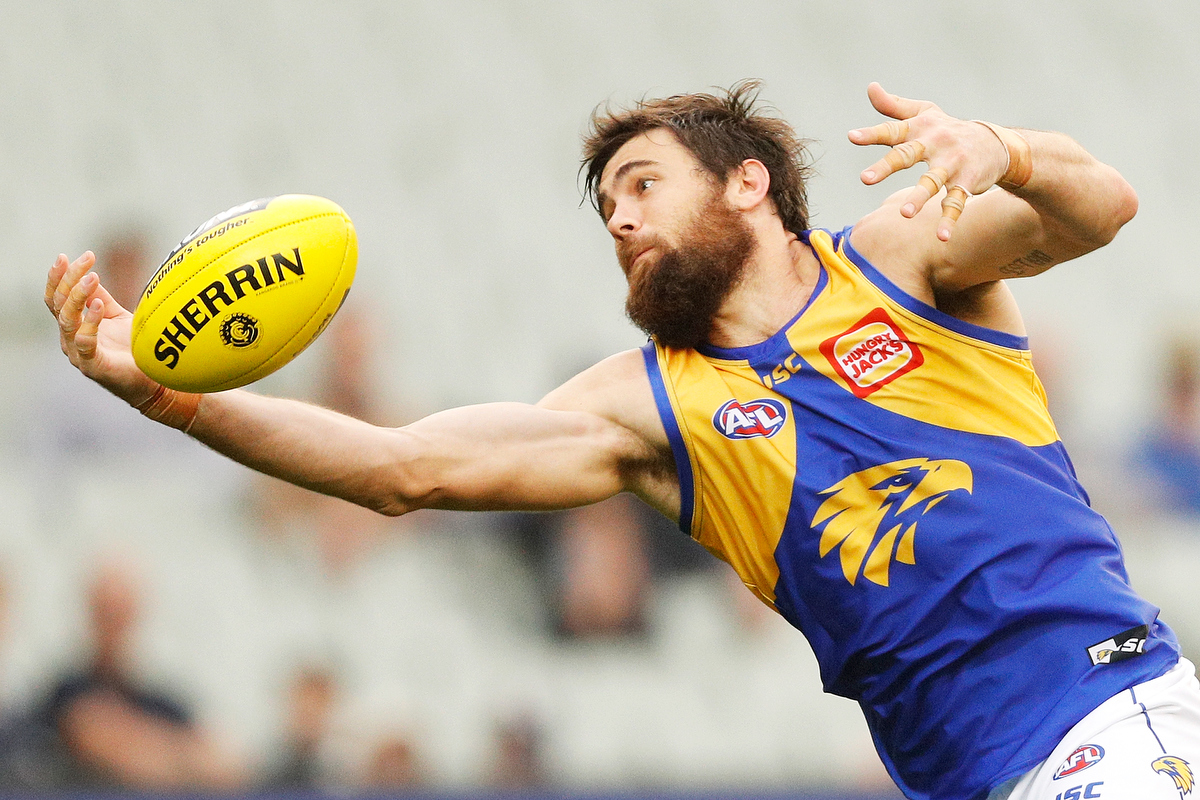THE WEEK THAT WAS: THERE WAS a lot to like about the Commonwealth Games, but at least one prominent Australian sport has a few questions to answer, says Chief Writer RON REED:
NOW THAT the uproar over the closing ceremony has died down, it’s time to give the Commonwealth Games organisers the credit they deserve – apart from that last unfortunate glitch. Although we are less than a third of the way through the year it will be a surprise if the Games does not remain the best thing to have happened to Australian sport in 2018, whatever else may be yet to come. That it followed on so closely after the worst thing that has happened to Australian sport for a long time, the cricket cheating scandal, perhaps makes it glow a little brighter than might otherwise have been the case. Dating back to Brisbane in 1982, I’ve been to seven of these things now and they have all been enjoyable (maybe I was lucky to have given Delhi a miss), none more so than Melbourne in 2006 which benefited from the afterglow of the Sydney Olympics six years earlier still not having dissipated.
This one was the first to be held in a regional city and it was probably an inspired choice. The Gold Coast always has a smile on its face which is why it is Australia’s most popular playground. Yes, there were a few logistical hassles with transport, security and the like but nothing ever goes perfectly to plan with an event of this size, the Olympics certainly no exception. But the crowds were big and enthusiastic, the volunteers – crucial to the success of any Games – couldn’t have been more pleasant, the weather was near enough to perfect, the venues were more than adequate and the whole vibe was upbeat. The athletes certainly enjoyed it, none more so than the disabled ones who were fully integrated more than ever before. There were about 300 of them, 61 from Australia, competing in seven sports for 38 sets of medals, and from their midst emerged surely the No 1 personality, if not necessarily the most successful performer, in wheelchair racer Kurt Fearnley, whose gold and silver medals and indomitable spirit must make him the clubhouse leader in any contest for sportsman of the year.

His win in the marathon was one of the great moments of the Games, of which there were many. In no particular order, they included Steele Von Hoff shrugging off a broken back to win the cycling road race, Bronte Campbell upstaging her (almost) all-conquering sister Cate in the 100m freestyle, the Australian 10,000m runners Celia Sullohern, Madeline Hills and Eloise Wellings who waited at the finish line for tailed-off rival Lineo Chaka from Lesotho to arrive five minutes behind, weightlifter Tia-Clair Toomey winning gold a week after her cousin was killed in a car crash, and – for sheer eminence on the field of play, controversial South African middle distance runner Caster Semenya’s dual gold medals, and the world records from the Australian track cyclists’ team pursuit and the 100m relay girls, both of which got the Games off to a flying start on the first night. They were my favourites but there were plenty more.

It was a productive 11 days for Australia, which easily topped the medals table with 80 gold and 198 overall, not quite matching the all-time record of 84 and 222 the last time the Games were held on home soil in Melbourne in 2006. But it certainly complied with team chief Steve Moneghetti’s mission statement: Beat England! The Poms, who triumphed in Glasgow four years ago, won 45 gold and 136 in total, and if you add in the rest of the United Kingdom — Wales, Scotland and Northern Island — as happens at the Olympics, they still trailed on golds with 65 but managed a superior total, 229. Given the many advantages Australia had – home turf, home fans, more athletes, more familiar weather – it wasn’t all that one-sided.
Certainly, there was a lot to like about Australia’s performances in two sports that have been disappointing at the last couple of Olympics and CommGames, cycling and swimming. They are two of the big three, of course, with the other one being track and field. This one is more difficult to assess. The official wash-ups coming out of the Athletics Australia HQ in Melbourne point to 36 medals, 15 of which were from disabled athletes, as well as 25 personal bests, which is also an important measuring stick. A lot of new talent was either unearthed or confirmed, but the big worry was that while the jumpers and throwers – the “field” part of the equation – delivered impressively, in the absence of injured hurdles champion Sally Pearson there were only two bronzes found on the track. That is undeniably disappointing.
More worrying still – indeed, alarming for the athletics community – was a flurry of angry activity on social media, largely but far from entirely the work of prominent commentator and promoter David Culbert, suggesting that the sport’s head office has lost the plot and that key personnel are leaving in droves. Head coach Craig Hilliard is among those said to be on the way out of his own accord. You don’t need a long memory to recall that the sport was in disarray in Glasgow only four years ago and a lot of heads rolled or moved on after that. Now the question clearly is whether the most recent administration, headed by former Federal Sports Minister Mark Arbib, is doing much better. There is a lot of noise building up in the background — although not, strangely, in the mainstream media — with some highly respected names contributing, so stand by to hear a lot more about this.
One potential positive for track and field is that while the success of the Games sparked a bit of over-ambitious chatter about having a crack at the Olympics down the track, that was quickly shut down and replaced with a far more realistic suggestion that the athletics world championships might be gettable. In fact, the Carrara Stadium is seen by some as an ideal permanent home for the sport, in a highly desirable environment. For that to happen, of course, the Gold Coast Suns footy team would have to move away – or disappear altogether. Stranger things by far have happened.
SPORTSMAN OF THE WEEK
You can probably make that “of the year,” already – wheelchair racer Kurt Fearnley has been a heroic, inspirational presence in Australian sport for nearly two decades and contributed more to the image of the Commonwealth Games than any other individual.
WINNER OF THE WEEK
Formula 1 driver Dan Ricciardo was back on the top step of the podium at the Chinese Grand Prix, a win that will go a long way to getting him into an even better car at Ferrari or Mercedes next year.

LOSER OF THE WEEK
Former Queensland Premier Peter Beattie oversaw the Commonwealth Games and is entitled to applause for the way they were organised – but he was left with no choice but to take ownership of the closing ceremony cock-up that saw the athletes ignored on TV. At least he admitted as such and apologised, rare for a politician.
RON REED has spent more than 50 years as a sportswriter or sports editor, mainly at The Herald and Herald Sun. He has covered just about every sport at local, national and international level, including multiple assignments at the Olympic and Commonwealth games, cricket tours, the Tour de France, America’s Cup yachting, tennis and golf majors and world title fights.



Discussion about this post